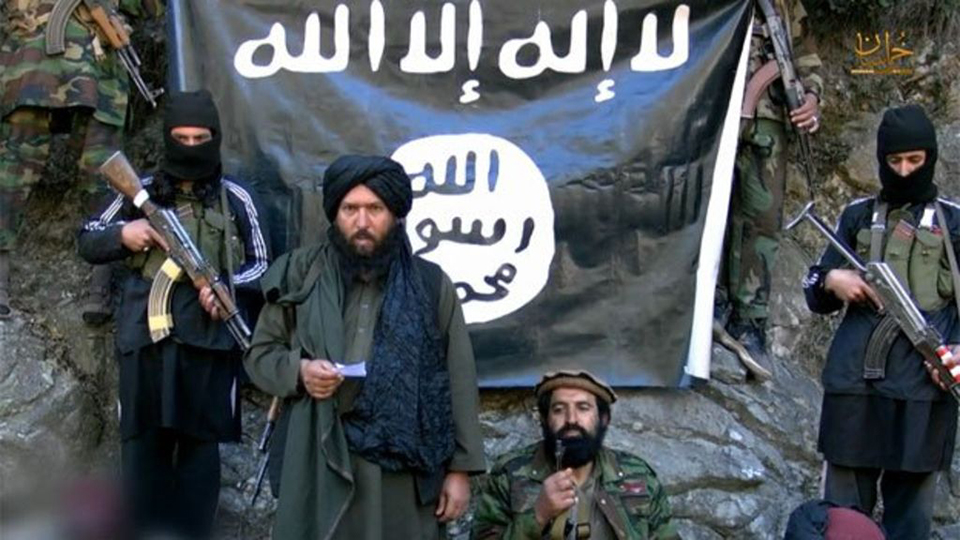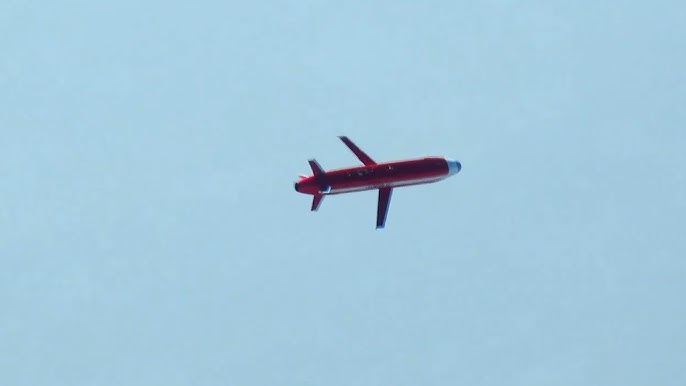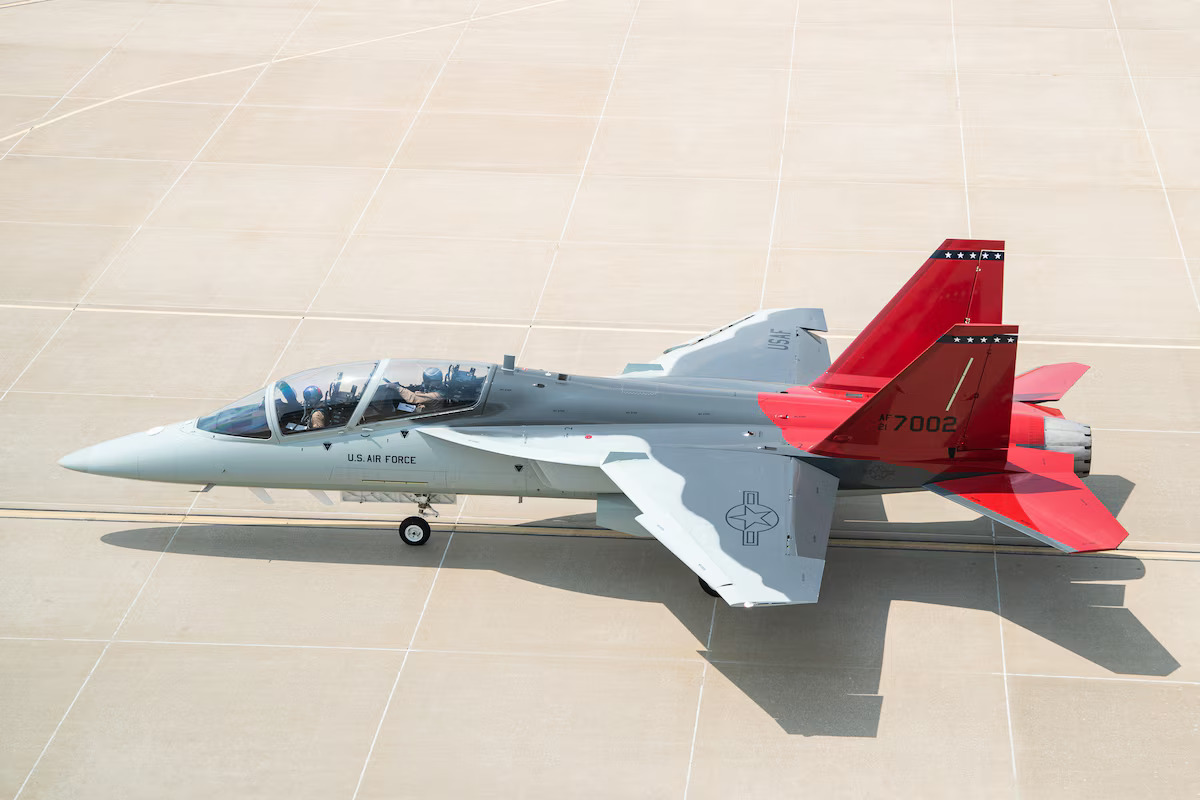Afghanistan has been struck by its first terror attack within two weeks of the Taliban’s takeover of Afghanistan. The Daesh Khorasan (IS-K) terrorist group claimed responsibility for the suicide blasts outside Kabul airport which killed more than 150 people including 13 U.S soldiers.
For the last 2 decades, attacks in Afghanistan have been synonym with the Taliban. Now when the movement has taken control of the country and US forces are leaving the country. In this all, a new face of emerging threat has come forward to hunt many in and outside the country. The terrorist group named Islamic State Khorasan Chapter (ISKP) is now ready to claim a new role in Taliban led country. So, what is the ISKP?
ISKP is named after an old term for the region under an ancient caliphate that once included parts of Afghanistan, Iran, Pakistan, and Turkmenistan. It first appeared in eastern Afghanistan’s Nangahar province in late 2014 pledging allegiance to Abu-Bakr Al-Baghdadi. It quickly established a reputation for unusual cruelty even by the standards of the Afghan conflict.
Read More: Taliban’s Special Forces: Badri 313 unit secures the capital Kabul
Experts believe that it was founded by elements of the terrorist group the Tehreek-e-Taliban Pakistan (TTP). The TTP fled to Afghanistan after a crackdown by Pakistani security forces. The group joined breakaway Afghan Taliban members and other anti-Pakistan terrorist groups to form a united front against Pakistan. The ISKP also included Uzbek and other central Asian fighters.
According to the former Ashraf Ghani-led Afghan government, there are about 1,000 ISIL fighters in the country. According to Al-Jazeera, they pay fighters $700 a month to join them. Many experts suggest that the ISKP had between 2,500 and 8,500 militants in Afghanistan at its height in 2016. Due to several operations against ISKP, their ranks have dwindled to roughly 2,000-4,000 militants by late 2019.
ISKP’s current commander, Shabab al-Muhajir, is Arab, according to reports. Muhajir is said to be a specialist in urban warfare and is credited with planning some of ISKP’s more intricate attacks and operations, including the 20-hour lengthy Jalalabad jail raid in August 2020.
Read More: Baghdad Summit: An Effort to thaw the estranged Middle Eastern Relations
It has fought both the former Western back Afghan government and the Taliban in Afghanistan and is also critical of any cooperation between the Taliban and the United States, including the 2020 US-Taliban deal. ISKP also carried out indiscriminate attacks in Pakistan targeting civilians, minorities, and state institutions. The group is believed to be in contact with the Islamic State in Iraq and Syria (ISIS) where it has lost much of its caliphate.
It initially challenged the Taliban for control of key areas on the Afghan-Pakistani border. Meanwhile, the Taliban leadership had written to ISIS leader Abu Bakr al-Baghdadi warning against a parallel insurgency in Afghanistan. The Baghdadi rejected the call and criticized the Taliban and called for harsh attacks against the group.
ISKP also carried out a series of suicide bombings in Kabul and other cities targeting both the government, civilians, and foreign troops. The Taliban also clashed with the group in the country’s southeast it later expanded to the northern provinces.
Read More: US interests in Central Asian Region
Over the years several leaders of the group including former Afghan Taliban and TTP leaders were killed or arrested. In April 2017 U.S. aircraft dropped a 9 000-kilo bomb known as the mother of all bombs or MOAB on a cave complex linked to the ISKP in Achin district in eastern Afghanistan.
It was the largest conventional bomb in the US’s arsenal. U.S intelligence officials believe the group has used the instability which led to the collapse of the western back government in August to strengthen its position and step up recruitment of disenfranchised militants. There are defendants’ claims that Taliban released 900 people linked with Al Qaeda and ISKP.
Following the return of ISKP, it is imperative to coordinate a regional response to counter such a threat. As foreign forces are withdrawing the concern of regional countries is to bring stability back in Afghanistan. However, the presence of ISKP is a challenge that needs to be tackled first for a stable, prosperous Afghanistan. ISKP not only allows US-Taliban to work together but also regional countries to form a regional security framework to take coordinated steps against this menace.
Author: Syed Ali Abbas
The author has graduated in International Relations from NUML, Islamabad, and is the managing editor of Global Defense Insight. He also works as an Associate editor at Indus News, Islamabad. Previously he worked as a sub-editor at Pakistan Strategic Forum and Junior editor at Global Village Space Magazine. He tweets @smalinaqvi05. The views expressed in the article are the author’s own.
Table of Contents
ToggleSyed Ali Abbas
Syed Ali Abbas is Research Officer & Comm Officer at the Center for International Strategic Studies (CISS) Islamabad.
















